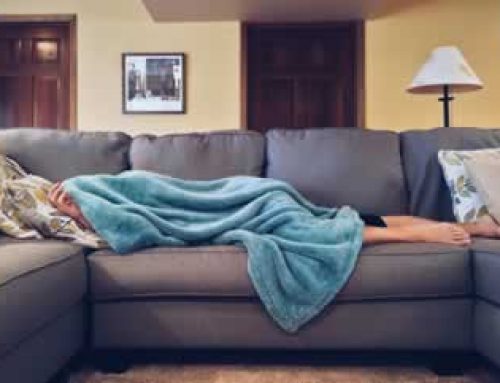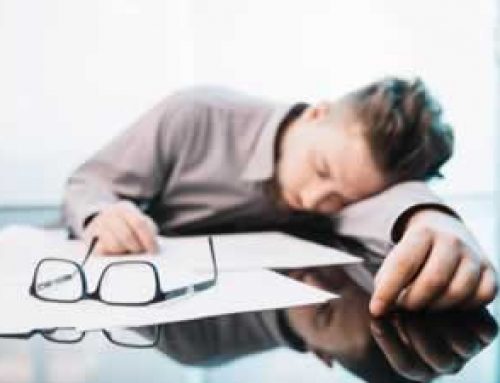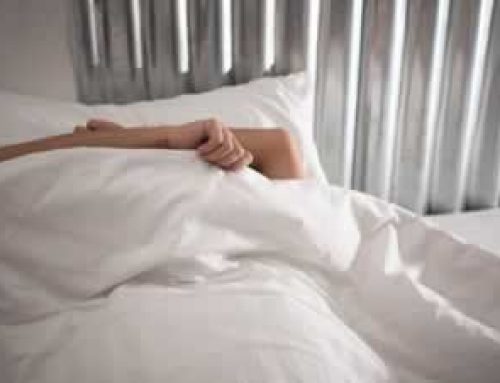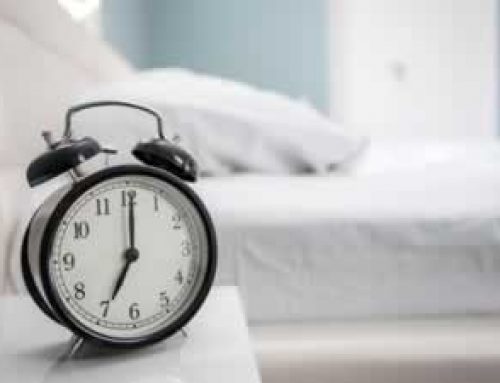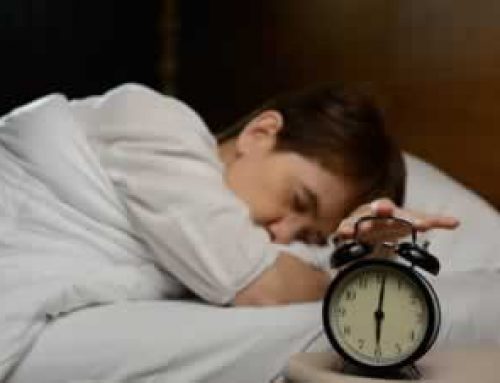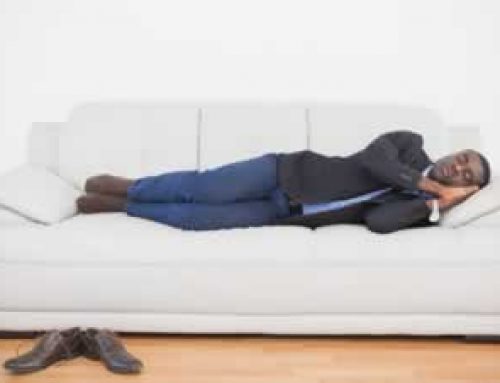Are You Sleeping for Weight Loss? You Should Be
When you’re trying to lose weight, it’s tempting to cut back on sleep to make more time to work out. This results in sleep deprivation which in turn triggers a whole host of weight loss sabotaging activities in your body. How are you supposed to be successful? Well, for starters make getting the recommended 7-9 hours of sleep a night your body needs to perform at its best a priority. Research shows that the link between sleep and weight is strong.
The scary truth about weight loss and sleep
Did you know?
- Getting less than 5.5 hours of sleep a night makes it 55% harder to lose weight (poor sleep causes a lower metabolic rate).
- Getting less than 6 hours of sleep a night can cause you to feel up to 25% hungrier during the day.
- If you only get an average of 6 hours of sleep a night, it could result in 14lbs. of extra weight a year.
In fact, one research study of women shows that those slept 5 hours or less weighed 5.4 pounds more than those who slept for 7 hours. Plus 7 out of 8 women who started sleeping more lost between 3-15 pounds in just 8 weeks.
Why sleeping is good for your weight
Research shows that there are three aspects to the sleep-weight connection that make getting a good night’s sleep essential for weight loss.
1. Hormones: Hunger & appetite management
If you only get 6 hours of sleep (or less), you disrupt two critical hormone levels that are related to appetite.
- Ghrelin increases resulting in feelings of hunger
- Leptin, which is responsible for suppressing your appetite, decreases. It also promotes fat storage if you have enough energy stores already.
Most importantly, it only takes a single night of sleep loss to elevate Ghrelin levels and reduce Leptin levels. So not only will you face the day tired, you’ll be plagued by an increased appetite and hunger pangs.
2. Brain: The sleep-brain-appetite relationship
Sleep loss results in changes in your brain that not only cause you to have an increased appetite, but also diminish your ability to make good decisions about the foods you do eat.
- MRI scans of the amygdala, the reward center, in sleep-deprived people showing greater activity when looking at pictures of junk food, results in an increased desire to eat.
- There is decreased activity in the frontal lobe, which controls decision-making.
It’s a double-whammy! You’re in the ideal mind-state for bingeing on donuts. Not only will you feel more hungry, after even a single night of sleep loss, but you’ll also be more tempted by fattening, high-calorie foods and you’ll be less able to override your desire for them since your ability to make rational decisions is impaired.
3. Calories: Burning calories while you sleep
While you don’t burn a lot of calories while you are sleeping, you do burn some. The average person burns about 0.42 calories for every pound they weigh per hour of sleep. So a person who weighs 160 pounds would burn about 67 calories, while a person weighing 250 pounds would burn 105 calories. When you’re trying to lose weight, every calorie counts!
Plus, your body burns the most calories during REM sleep, which increases in duration the longer you sleep.
Taking action
Getting more sleep is an excellent strategy for weight loss for the one-third of working adults in the U.S. that are sleeping fewer than 6 hours per night, the 25% of the adult population that has a sleep disorder and the 25% of Americans who are using sleeping pills. So the next time you consider cheating sleep to work out, think twice. Chances are you would have had more weight loss success that day simply by staying in bed that extra hour or two.






